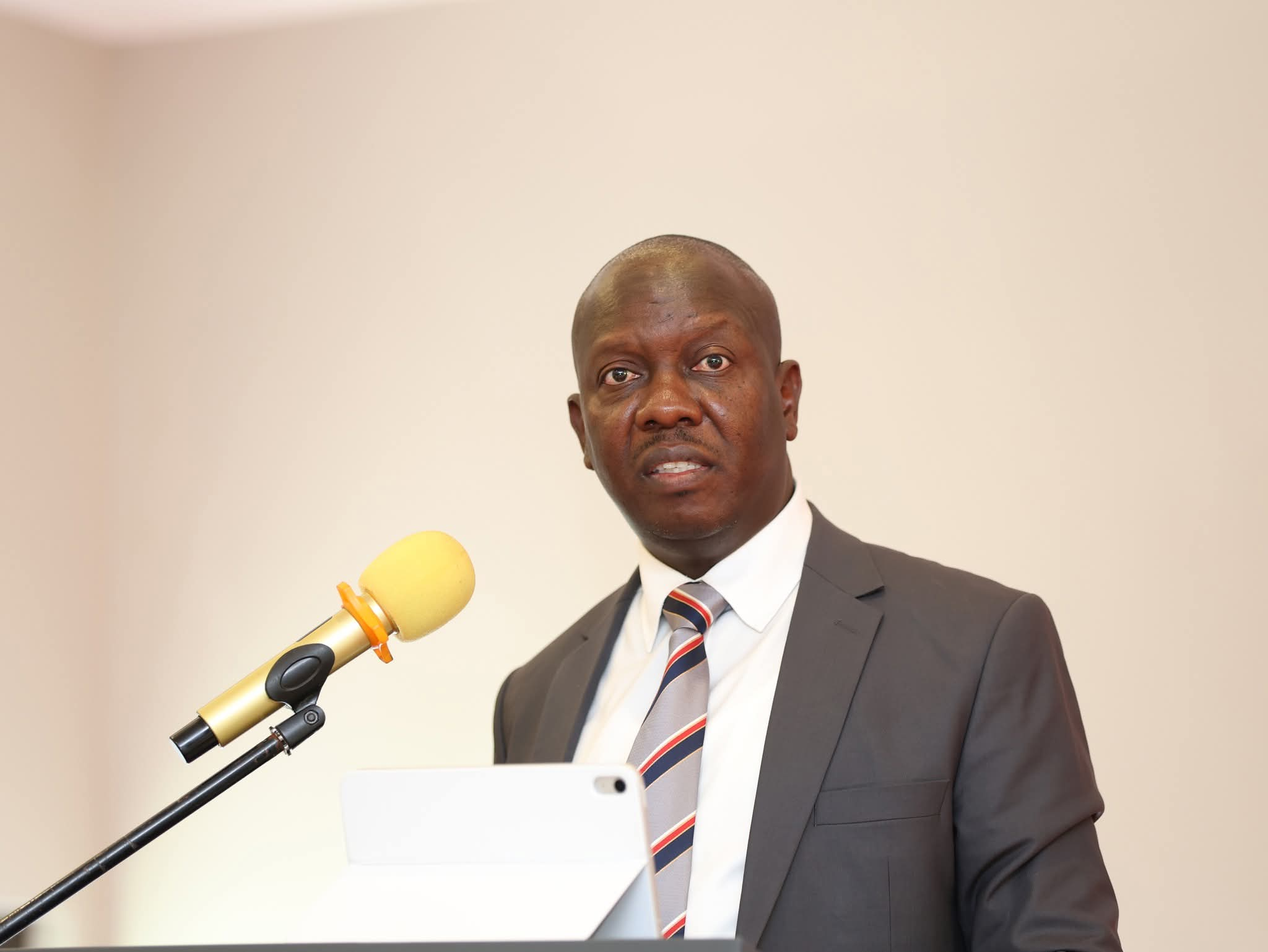
Kenya has renewed its call for stronger cross-border collaboration in the fight against transnational organised crime.
Director of Public Prosecutions Renson Ingonga says that no single country can tackle the threat of crimes such as human trafficking, narcotics, money laundering and cybercrime alone.
While citing the 2023 Global Organized Crime Index, which ranked Kenya 16th globally in criminality, the DPP emphasised the need for collaborative, coordinated, and comprehensive measures to close the institutional and legal gaps that criminal networks exploit.
Ingonga spoke on Monday at a Nairobi hotel when opening the Regional Conference on Strengthening Cross-Border Coordination and Collaboration in Transnational Organised Crimes Prevention and Response.
“This conference comes at a defining moment. Organised crime is adaptive, resilient, and relentless, so too must be our response. Through unity, innovation, and determination, we can secure our region against its corrosive effects," he said.
The DPP underscored the urgency of united action to safeguard peace, stability, and sustainable development in the region.
He extended gratitude to the International Development Law Organization (IDLO), the governments of Tanzania and Mozambique, and the United States Bureau of International Narcotics and Law Enforcement Affairs for their steadfast partnership in convening the forum.
“The conference theme could not have been more apt,” the DPP said, warning that crimes such as human trafficking, narcotics smuggling, cybercrime, money laundering, and illicit financial flows remain among the most serious threats to regional security.
These crimes, Ingonga added, undermine governance, fuel corruption, and rob citizens of safety and prosperity.
He commended the progress achieved under the East Africa Transnational Organized Crime (EATOC) Project, led by IDLO, which has developed standardised operational guidelines, a master training curriculum for investigators and prosecutors, and mentorship programmes that have trained more than 270 officers.
The project has also fostered the creation of regional networks of prosecutors, police, and judicial officers, laying the groundwork for sustained cooperation.
“These achievements prove that when we work together, we can build stronger, more resilient systems of justice,” the DPP said.
The DPP further outlined three key priorities of strengthening legal frameworks by harmonising domestic laws with international conventions and modernising extradition and mutual legal assistance treaties.
He also encouraged enhancing institutional capacity and accountability through continuous training and integrity measures and expanding regional and international cooperation through intelligence sharing, joint investigations, and coordinated prosecutions as future areas of focus in the fight against transnational crimes.
He further reaffirmed Kenya’s commitment to specialised prosecution units, strategic partnerships with key agencies, and the adoption of digital tools such as case tracking systems, data analytics, and electronic evidence management to boost efficiency and transparency.
















